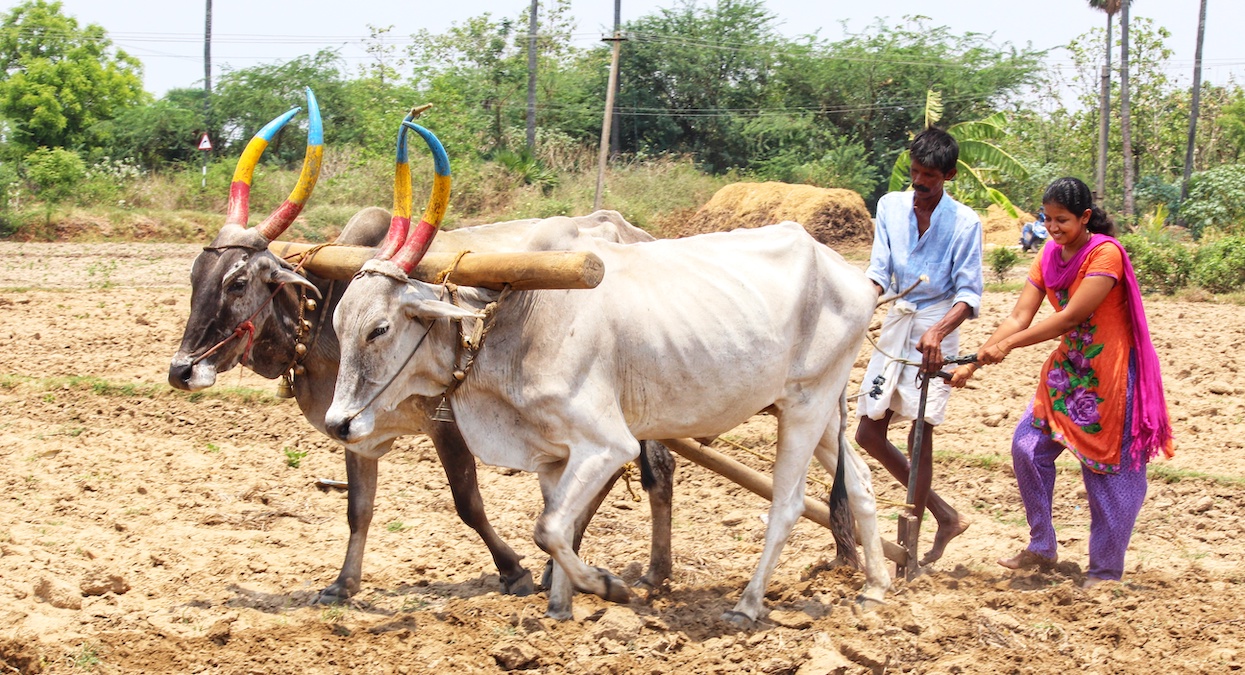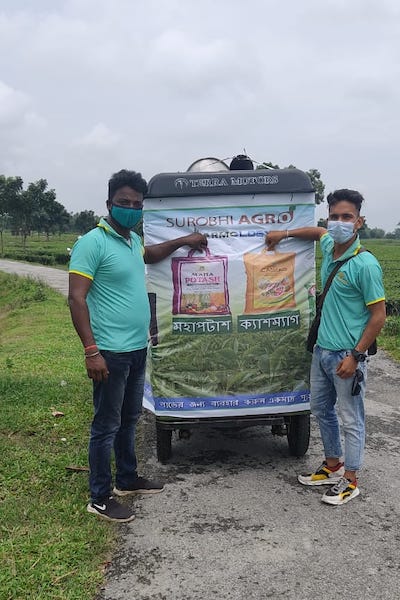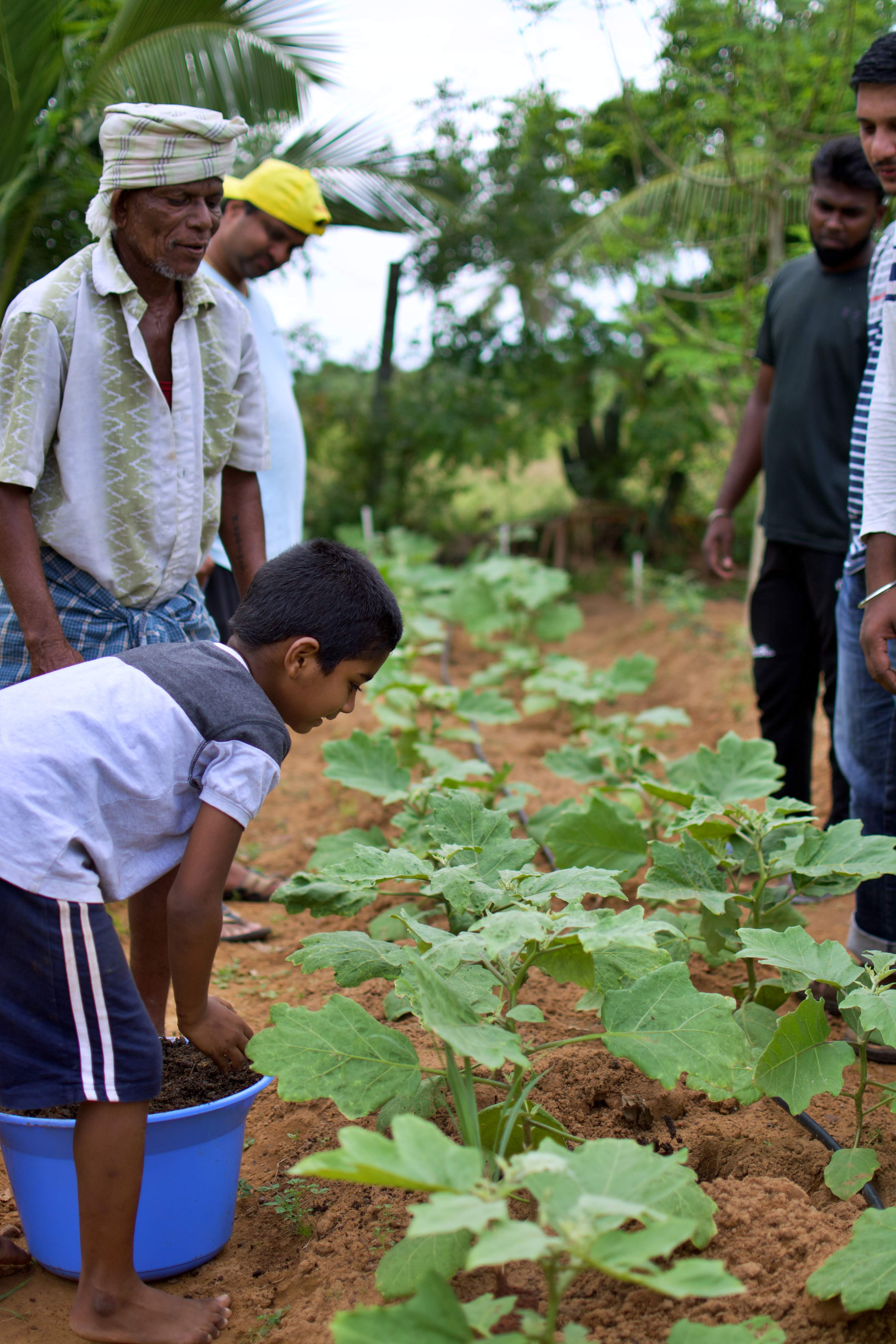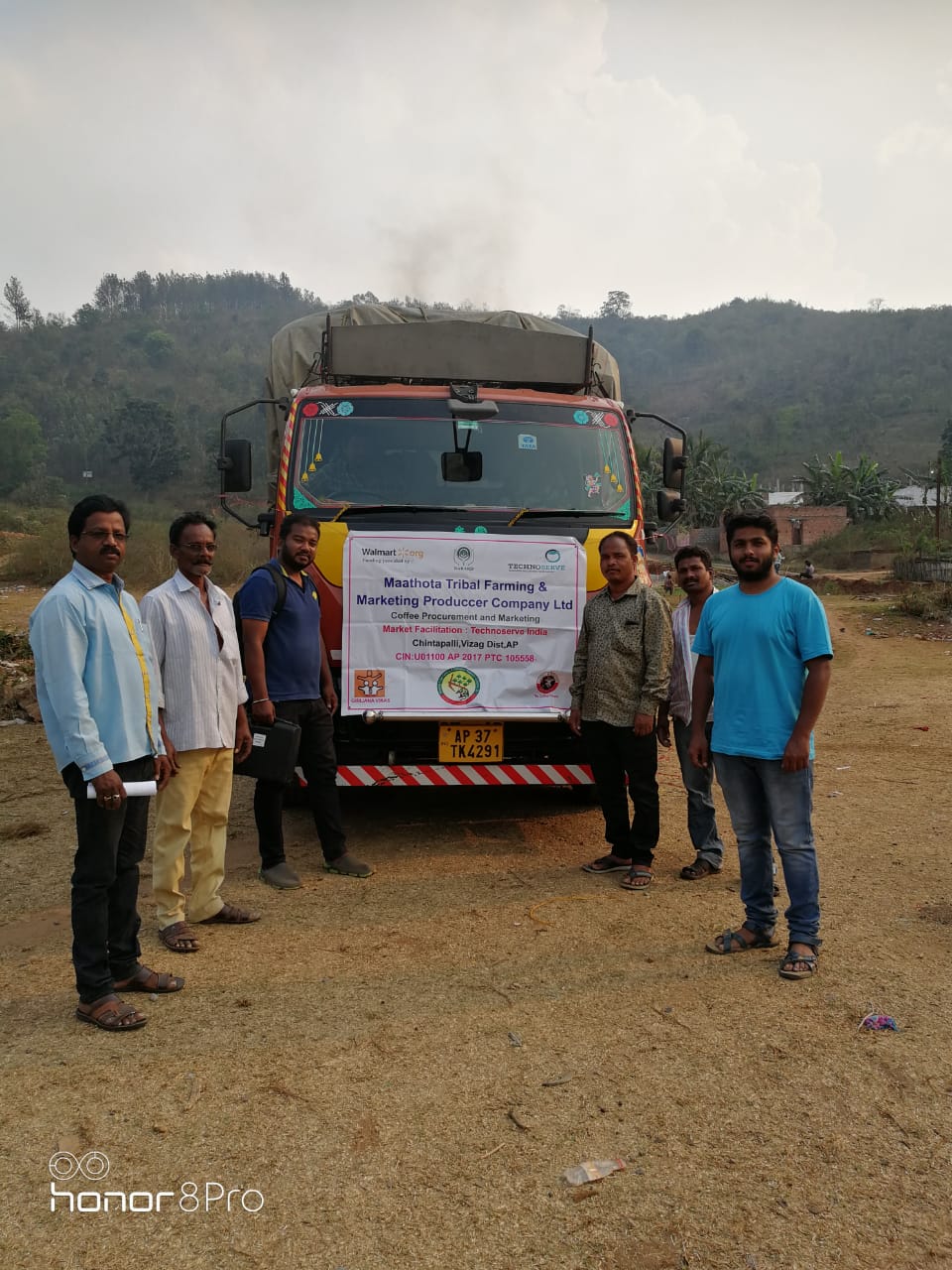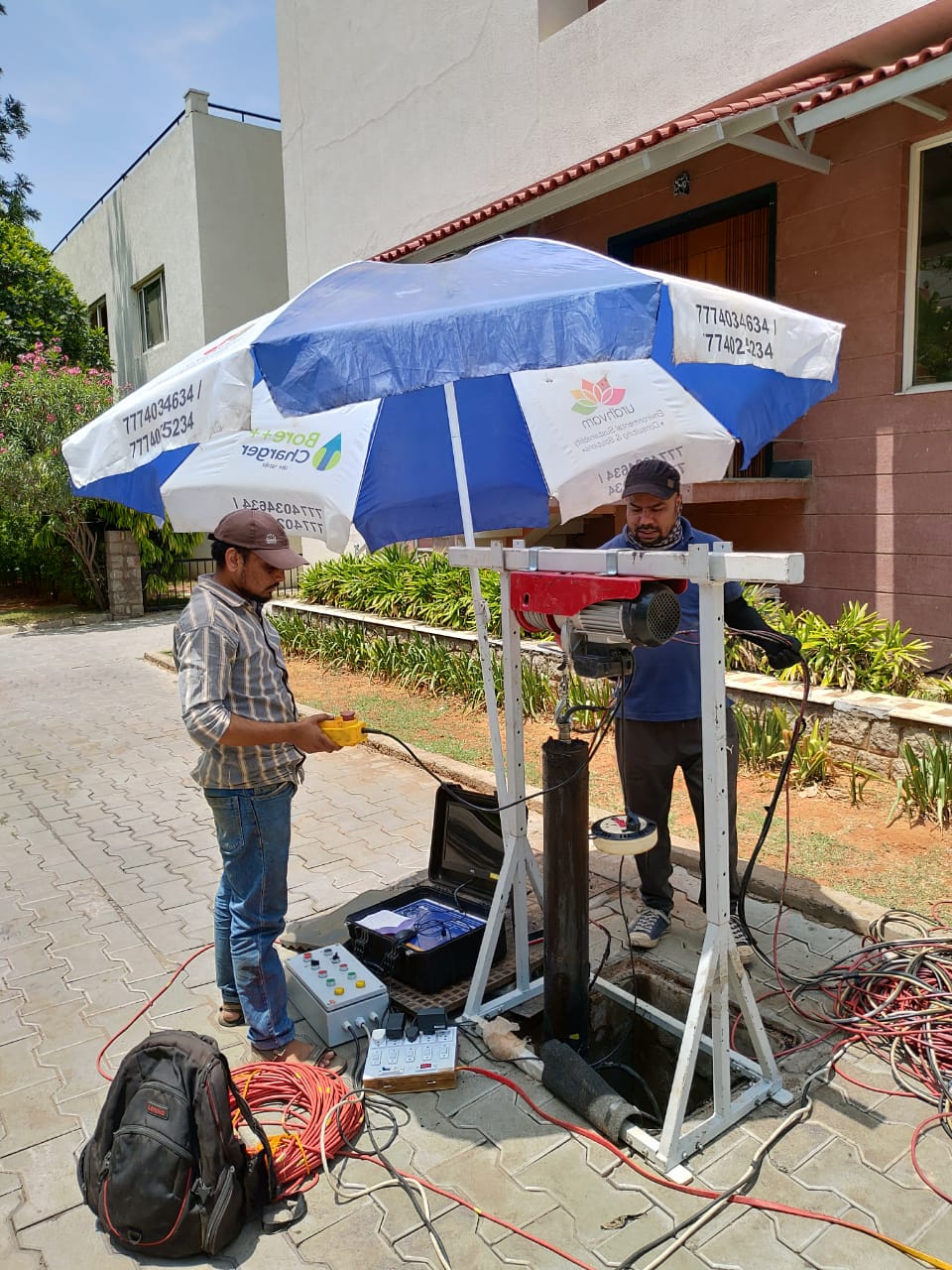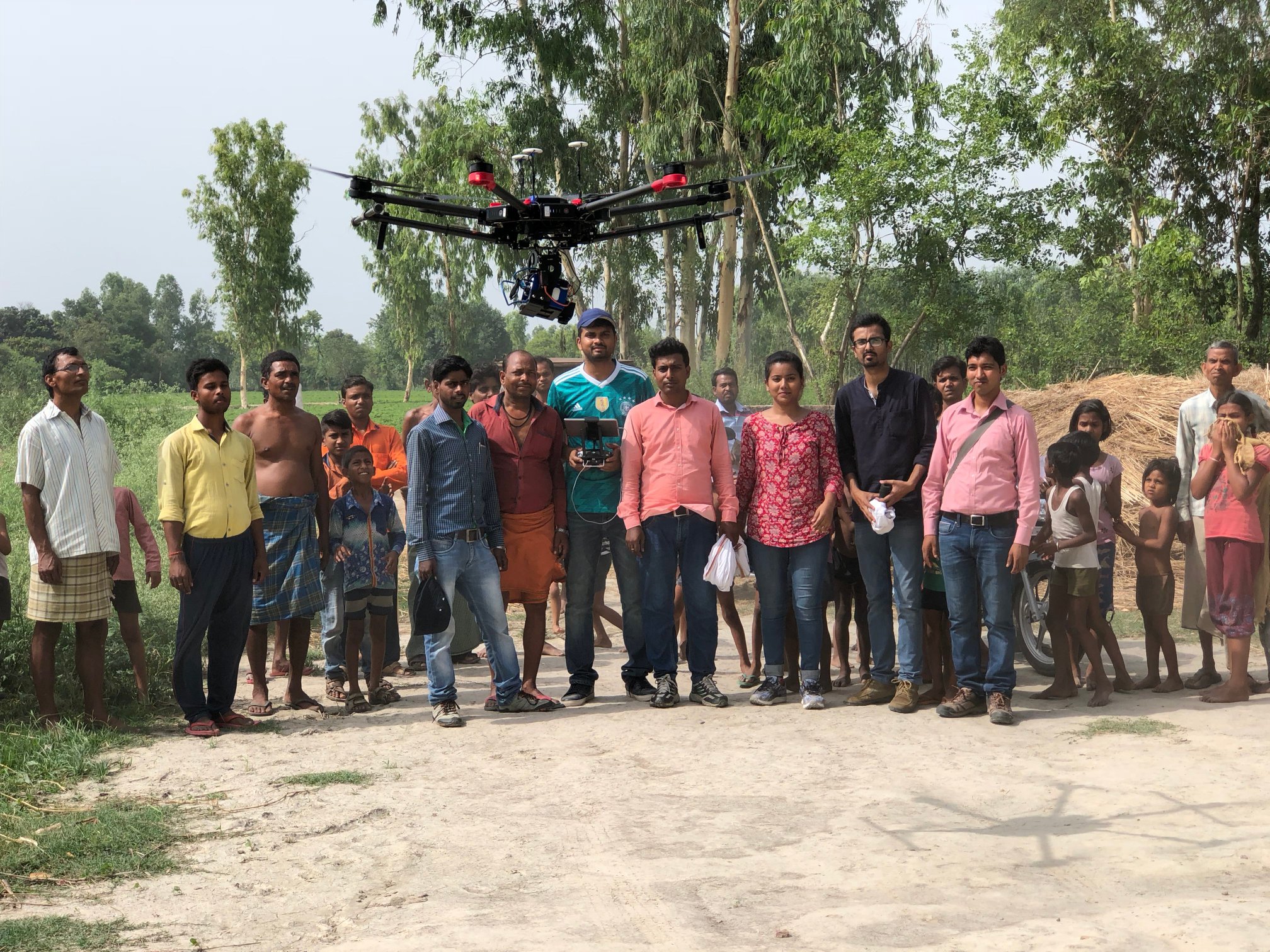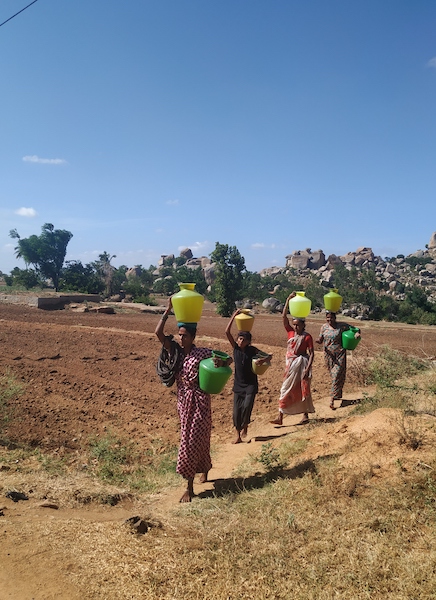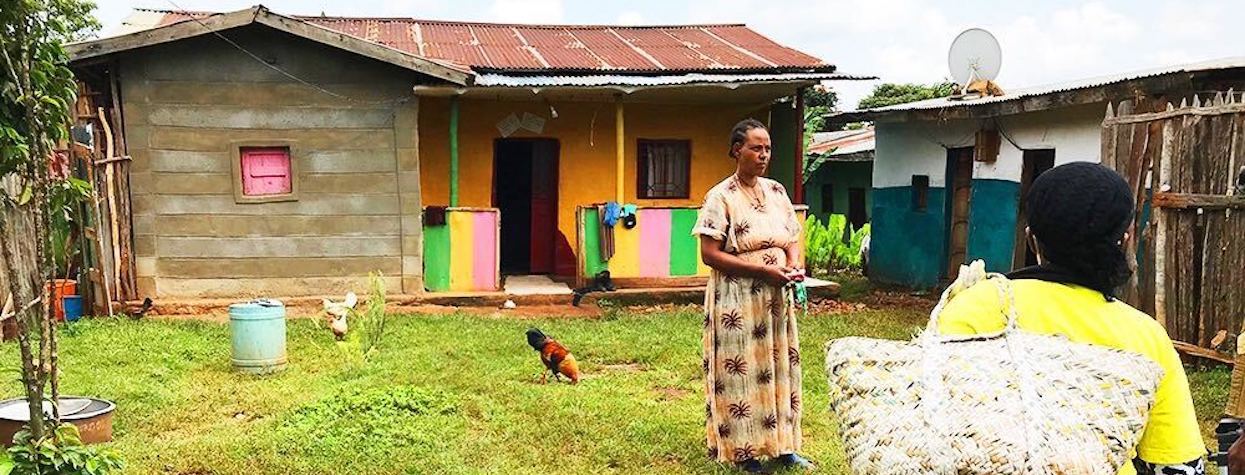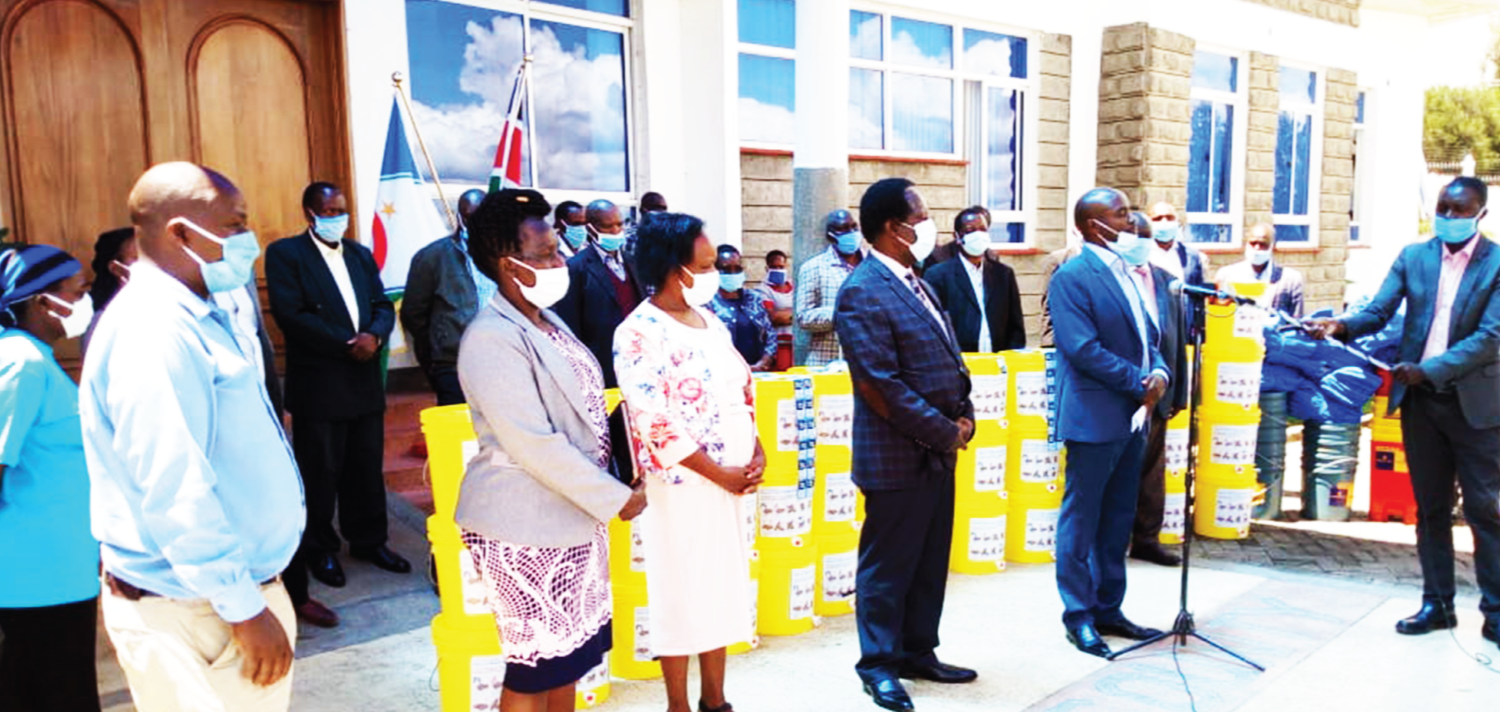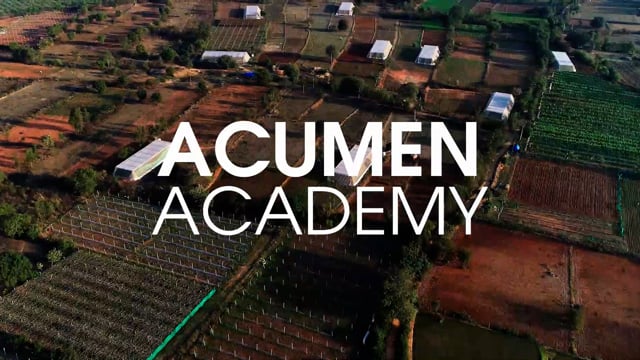
Close
For enterprises working at the complex intersection of farming, climate, and food security, finding the right place to cultivate your ideas and refine your business model is crucial for driving scale and impact. A solid combination of business tools, thoughtful community, and leadership skills are essential for making a difference in the lives of smallholder farmers, their families, and the ecosystem at large.
Acumen Academy in collaboration with Acumen India launched its first Climate Resilient Agriculture Accelerator program to support 14 agri-enterprises who are increasing the climate resiliency of smallholder farmers in India. The cohort included a range of companies — from businesses developing markets for regenerative practices, to agtech companies working to empower small farmers through data and tech.
Over the 10 week program, participants refined key aspects of their business models and unlocked paths to scale while keeping social and environmental impact at the center. They formed deep connections with their cohort of peers and mentors who altogether focused on solving climate resilience solutions for smallholder farmers. They leveraged the experience of Acumen's investment work at the intersection of poverty and climate change, and harnessed our pioneering leadership practices to build a better world.
The curriculum included industry specific case studies, video tutorials, and practical readings and assignments with support from our Accelerator and Portfolio teams. The participants also worked with impact evaluation firm 60 Decibels to develop an actionable roadmap that improves the climate impact of their solutions. Together, the cohort completed a far-reaching curriculum designed to help them build the character and competence necessary to scale their solutions and transform the system.
Congratulations to the participating teams! Here’s a look at their inspiring next steps and greatest takeaways:
A cohort and mentorship focused on climate resilience
The Climate Resilient Agriculture Accelerator activates an ecosystem of agri enterprises with a shared focus: to increase farmers’ climate resilience and create more opportunities for regenerative practices. Participating social enterprises took the following lessons from their ambitious group of peers and mentors, and put into action their key takeaways from the program curriculum.
NEERX
Through IoT and Satellite data, NEERX Co-Founders Harsh Agrawal and Nikita Tiwari are providing access to real-time and forecasted actionable insights for farmers to manage their crop water, nutrition, and spraying needs.
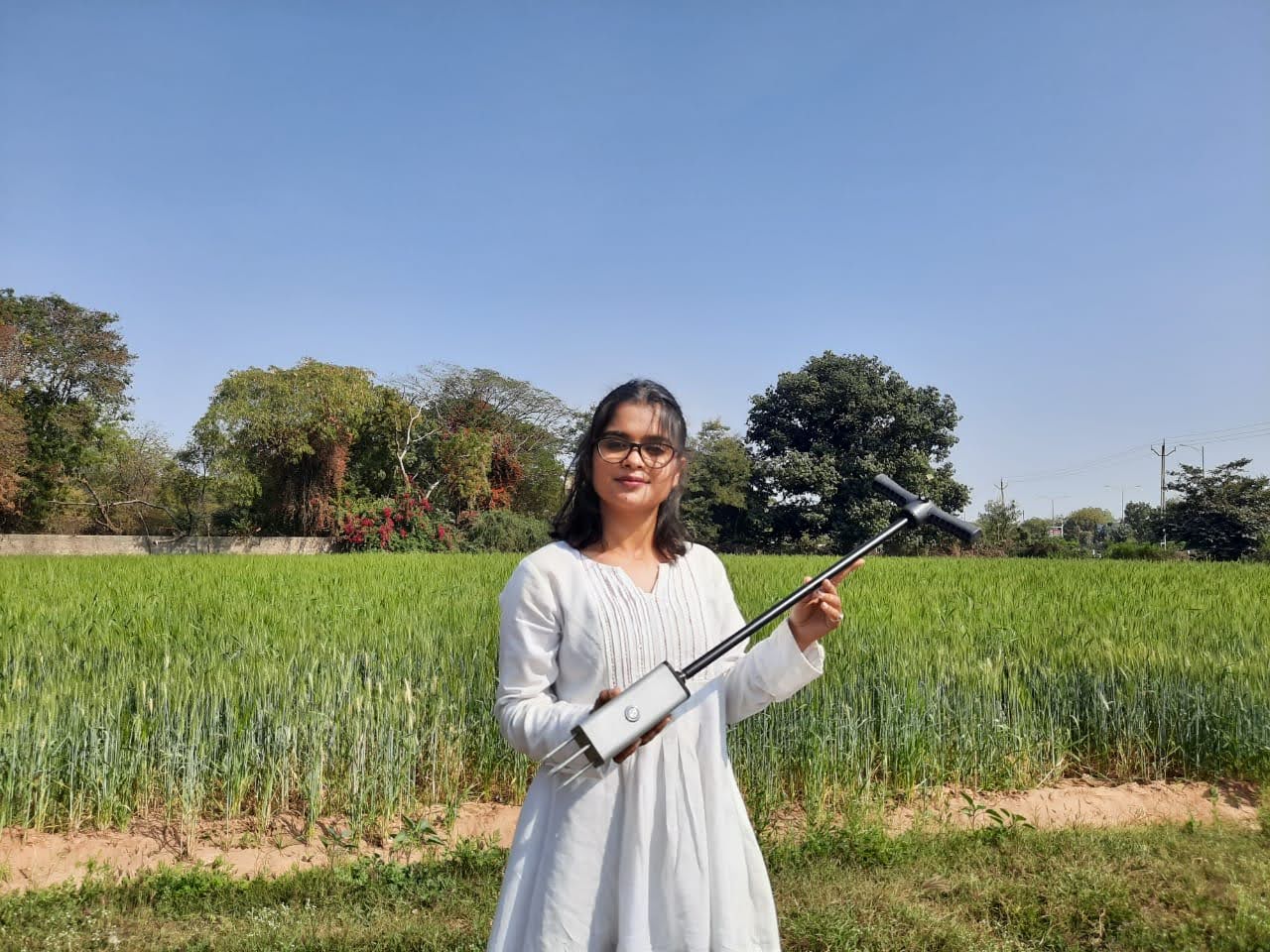
“This accelerator has a special focus on social enterprises, which is great for building and learning about new business models that are deeply rooted within the Indian economy. A lot of insights we got will be incorporated moving along, especially customer insights,” said Harsh.
SAI Sustainable Agro
SAI Sustainable Agro transforms degraded land through agroforestry technology. During the accelerator, Co-Founder and CEO Jitendra Sinha and Chief Strategy Officer Deepshikha Dalchand leveraged support from their mentor to find new ways to multiply farmer incomes.
"Beforehand, we weren’t looking at [carbon credits] very seriously because we thought the costs were too high. Now, our mentor has provided us with a different approach that is accessible to us as a small social venture,” explained Deepshikha.
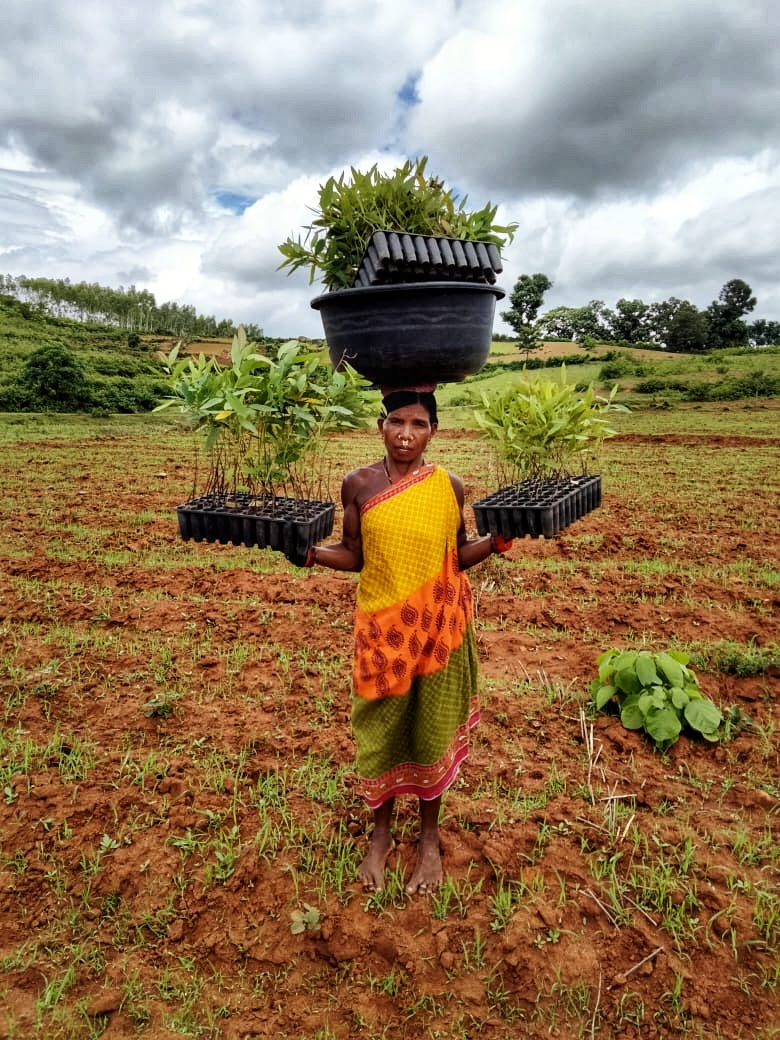
Temperate Technologies
At Temperate Technologies, accelerator participants Vishal Singhal and Bharani Beemanapally are leveraging decentralized storage solutions to help farmers realize better prices. As the CEO and Project Manager, the pair joined our Climate Resilient Agriculture Accelerator to grow their solar-powered cold storage room business.
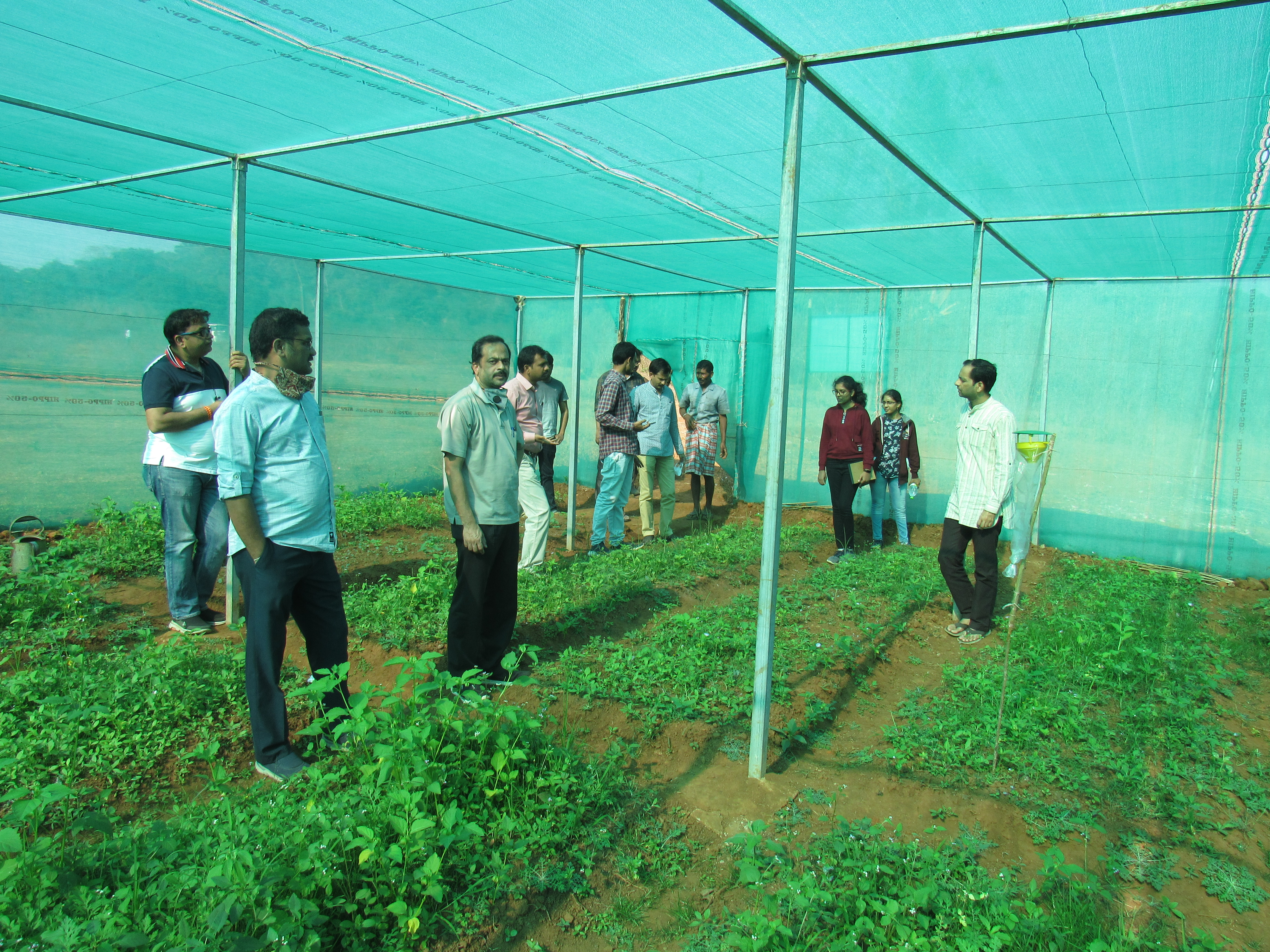
“The program helped us narrow down a business model through customer discovery experiments. Our mentor, Kaushik Kappagantulu, helped us better understand our customers, run experiments, and validate assumptions," said Vishal. "As a result, we’ve stopped a few non-core projects that were not solving any real problems for our customers."
Krishi Janani PBC
Usha Devi Venkatachala created the offline and online marketplace Krishi Janani PBC to help bridge farmers practicing regenerative agriculture and consumers seeking verified organic products. One of her biggest takeaways from the accelerator is the importance of building a network and fostering collaboration.
“The cohort is a big part of this accelerator. [Climate resilient agriculture] is a huge crisis that is unfolding and it’s this network that’s going to help us move the needle. So the lesson I’m taking is to build the ecosystem and build the network so that in collaboration we can all take a bite-sized chunk of the crisis,” reflected Usha.
Building strategies with farmers at the center
Impagro Farming Solutions Private Limited
Growing up on the family farm, Akbar Sher Khan combined his entrepreneurial spirit with his interest in technology to create Impagro Farming Solutions. Along with his Co-Founder Suhrid Patel, they help Indian farmers increase produce quality and income and reduce food loss through a franchise model.
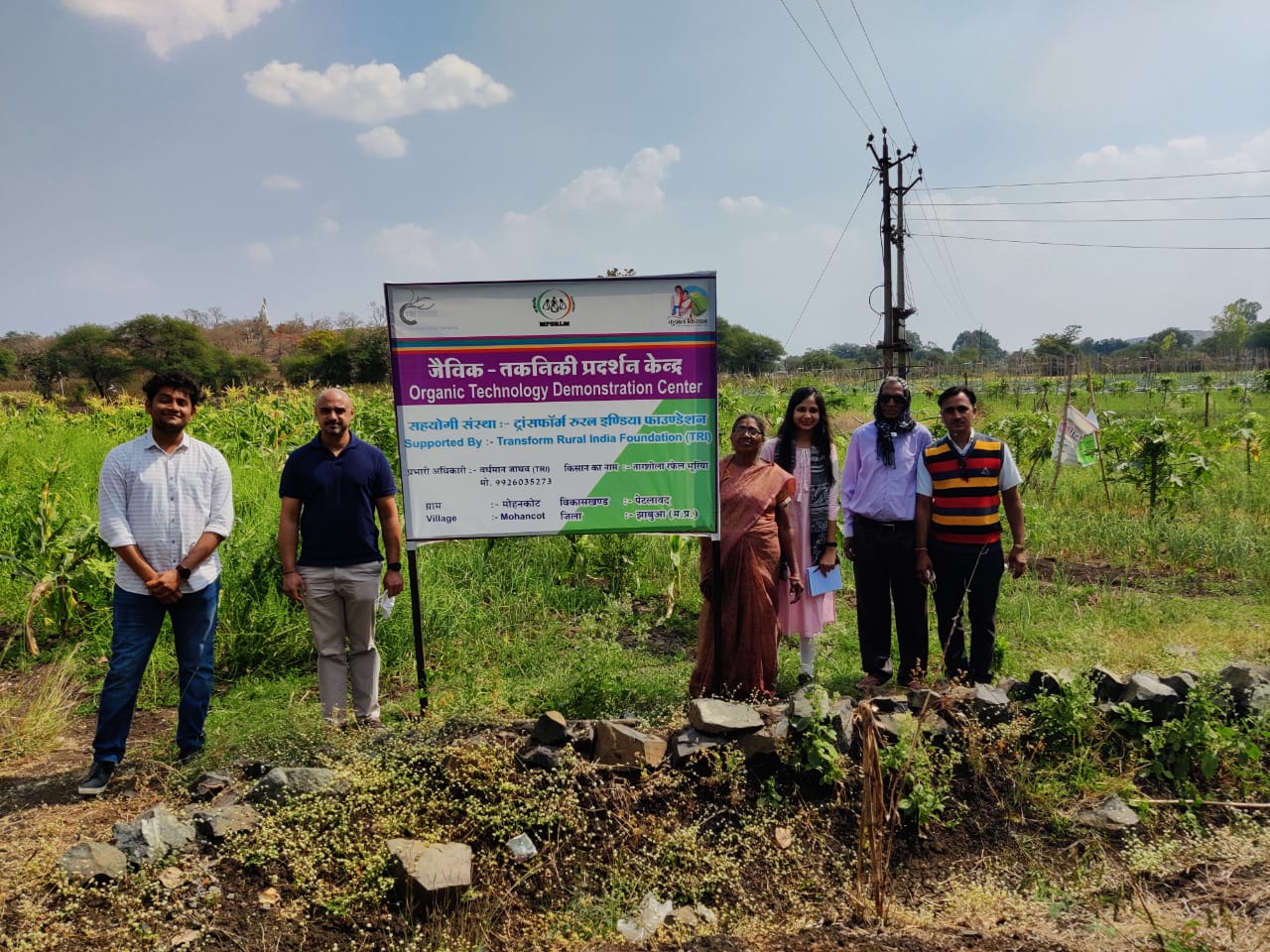
“By running customer experiments we learned more about our value proposition to farmers and realized our farmers are primarily concerned with risk minimization," explained Suhrid. "The climate resilient module made us think about how we can go beyond monetary gains and improve the resiliency and livelihoods of our farmers.”
Bioprime AgriSolutions Private Limited
Bioprime offers an innovative solution to help farmers reduce crop losses and get assured yields by strengthening the climate resilience of their crops using targeted physiology modulating biomolecules. Following the accelerator, CEO Renuka Karandikar and Business Development Manager Mayur Umap are seeking collaborations to improve farmer resiliency.
“To deepen the impact for farmers, we would like to add a complete solution approach toward an offering. We would like to add offerings in collaboration with other startups such as soil testing, crop insurances for farmers, and market linkages. This will help our farmers become resilient against income fluctuations," said Renuka.
Frugal Labs
Frugal Labs focuses on sensor solutions and IoT, working with communities to implement easy and affordable technology that increases productivity and income, and conserves natural resources. Co-Founders Sreowshi Sinha and Anirban Chowdhury say they have new ideas to implement across the business following their participation in the accelerator.
“The program was designed elaborately and was very detailed. It gave us ideas — all from our value proposition, targeting the right customer, selecting the right kind of partnerships, to even designing revenue and finances,” reflected both Sreowshi and Anirban.
